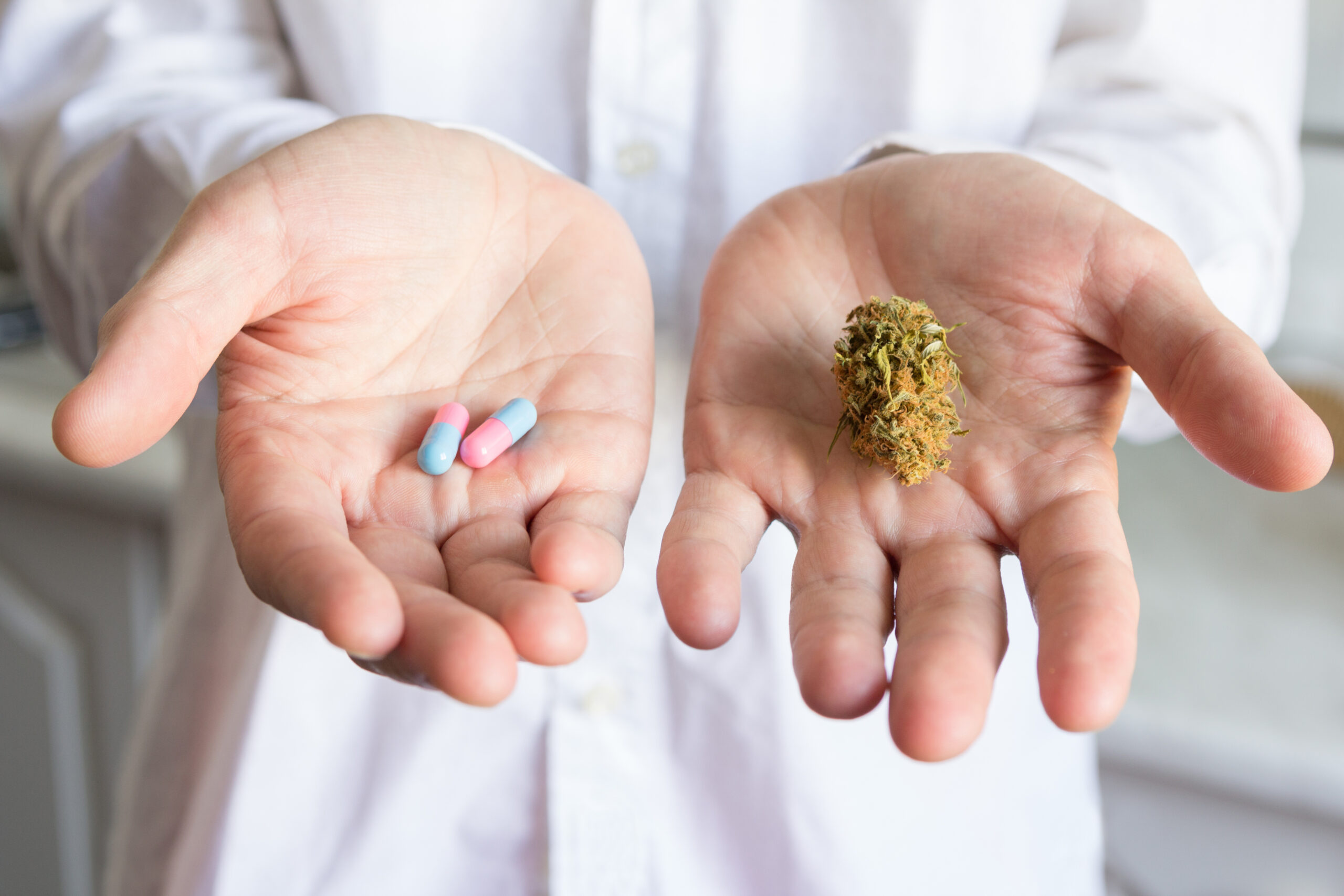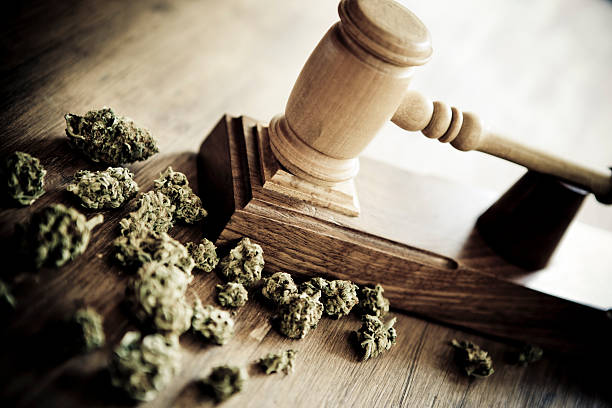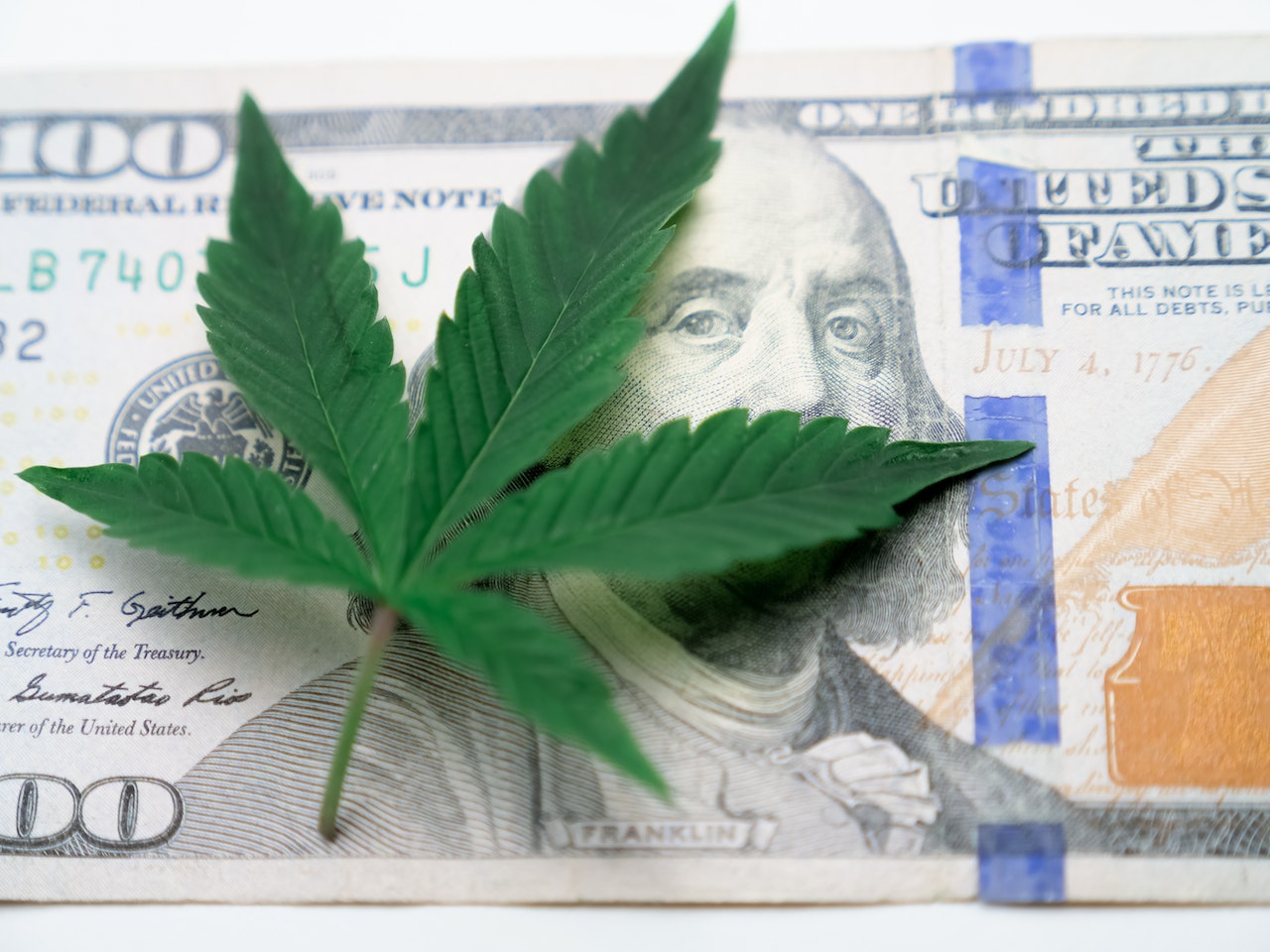In many ways, Minnesota’s legalization of cannabis was a more progressive endeavor compared to that of other states.[1] It allows individuals to grow cannabis at home, it has relatively generous possession thresholds (including an allowance of up to two ounces of cannabis flower at home and up to two ounces in public), and it includes social equity advantages to certain categories of prospective business owners seeking licenses to operate in the cannabis industry. Nevertheless, restrictions under HF100 may reserve any individual permissions for cannabis use (including medical cannabis) only for the wealthy—or at least those wealthy enough to be homeowners.
HF100 allows personal cannabis use at a private residence, on private property unless the property owner has explicitly prohibited the practice, at a venue licensed for on-site consumption, or at an event licensed for on-site consumption. But there are important caveats to these permissions, especially with respect to smoking or vaping. These include that vaping or smoking cannabis is prohibited in multifamily housing buildings—even within a privately owned condo—including balconies and patios. While this automatic bar would not immediately prevent medical cannabis users from smoking or vaping in multifamily buildings, the law does not protect medical cannabis use (of any kind) either. Due to the above-referenced powers granted to property owners, landlords can forbid all cannabis products (including edibles and medical cannabis) on their rental properties. Consequently, unless an individual is wealthy enough to own their own property or single-family residence, they may be unable to use any cannabis products without finding venues or events licensed for on-site consumption, which may not be realistic options. It remains to be seen whether landlords must allow medical patients, at least, to use edible products as a reasonable accommodation under the Minnesota Human Rights Act.
With the average home price in Minnesota being over $300,000 and rising, we anticipate that an ever-growing number of Minnesotans will be unable to take full advantage of the new law, frustrating social equity from a non-business, personal-use perspective.[2] If Minnesota is serious about social equity when it comes to the enactment of its new cannabis legislation, then it needs to take a serious look at the effects of the wealth gap to ensure that the legalization of cannabis products is not reserved only for homeowners.
If you have any questions concerning HF 100 and how its enforcement could affect you, please reach out to the experienced cannabis law group at Eckland and Blando.
[1] Research and drafting assistance provided by John Pouchot, law clerk at Eckland & Blando.
[2] See https://www.realtor.com/realestateandhomes-search/Minneapolis_MN/overview, (July 17, 2023).
Edit July 25, 2023: While it is true that public consumption (outside of those areas in which smoking is unlawful under the Minnesota Indoor Clean Air Act) is not a crime under HF100, local municipalities have the power to make public consumption a crime by ordinance. We anticipate that many will choose to do so, and cities like Duluth, Alexandria, and Detroit Lakes are currently considering such bans.


